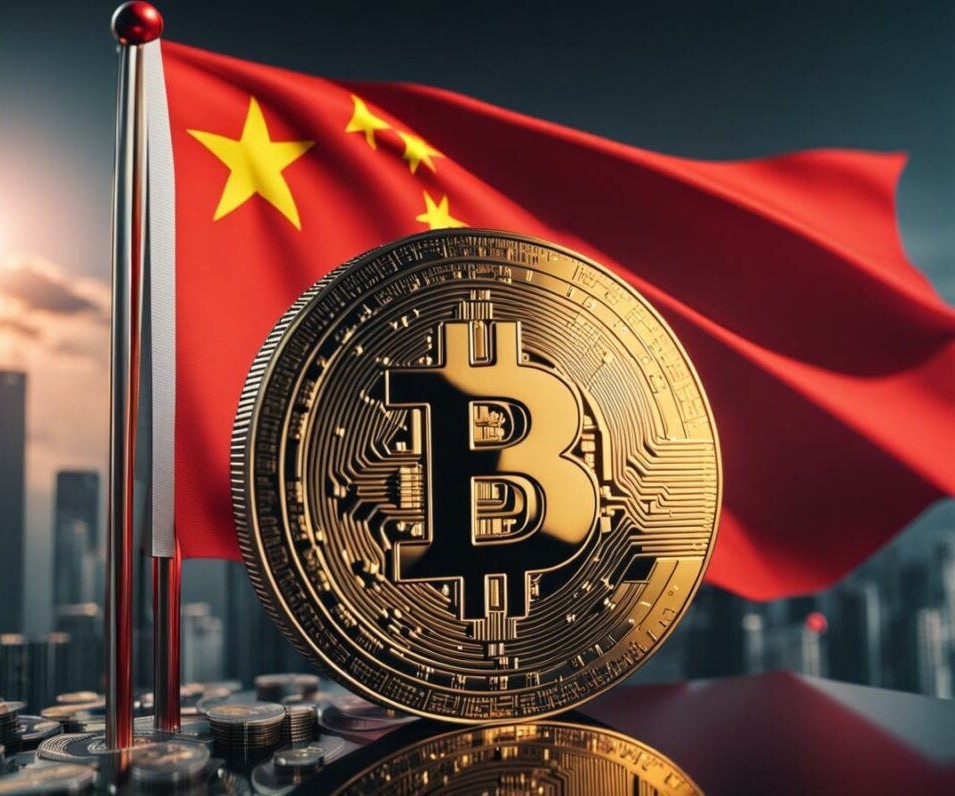Despite its repeated ban on specific Bitcoin-related activities, China has managed to maintain its status as a significant participant in Bitcoin mining.
The cryptocurrency community still needs to be convinced about the possibility of China lifting its long-standing prohibition on Bitcoin despite recent reports on social media.
Mike Novogratz, CEO of Galaxy Digital, shared on X on July 14 that he has been hearing reports suggesting that China is “likely to unban” Bitcoin by late 2024.
“If this is accurate, and it is the second time I have heard it in weeks, it is a significant matter,” Novogratz wrote, prompting the community to offer additional insights.
China has repeatedly “banned” Bitcoin
However, most responses to Novogratz’s X thread have raised concerns regarding the source of the information. Many posters expressed skepticism regarding China’s prospective reversal of Bitcoin. In addition, certain posters contended that China has never implemented a wholesale prohibition on Bitcoin.

“They have prohibited it on at least six occasions, yet nothing has transpired.” One poster commented in the comments, “The same thing will happen when they ‘un-ban’ it multiple times.”
The commenter referenced mainland China’s numerous endeavors to prohibit specific activities associated with Bitcoin and other cryptocurrencies, such as the interdepartmental assault on crypto in 2021 and the prohibition of crypto exchanges in 2017.
Despite implementing stringent regulations, China has maintained its position as a global champion in Bitcoin mining and other crypto activities.
Some industry observers are still optimistic about China’s potential Bitcoin U-turn
Some online commentators maintained their optimism regarding the most recent social media reports, particularly in light of the recent criticism of mainland China’s crypto regulation system.
Professor Wang Yang of Hong Kong University of Science and Technology reportedly questioned the logical reasoning behind China’s prohibition of crypto mining in late June, imploring the government to adopt crypto in light of geopolitical risks.
The expert opined that the complete prohibition of crypto mining in China was “extremely naive,” as it resulted in the relocation of associated businesses to the United States and increased U.S. tax revenue.
China ‘unlikely’ to have any motivation to open to crypto
In response to the most recent social media reports, several industry figures expressed their confidence that China will never permit its citizens to trade Bitcoin using the local fiat currency freely.
“It is not going to happen, period,” stated Yifan He, CEO of Red Date Technology, a prominent Chinese blockchain company, when asked whether China would permit Chinese citizens to purchase Bitcoin with the country’s renminbi from within the country.
“The individual who makes this suggestion is unaware of why China prohibits Bitcoin and cryptocurrencies,” he stated in an interview with Cointelegraph.
The CEO also specified that it is essential to be aware of Hong Kong-based exchanges, such as HashKey, that do not permit mainland Chinese citizens to become customers.
Mikko Ohtamaa, co-founder of the algorithmic investment protocol Trading Strategy, reiterated His stance, contending that China’s reversal on Bitcoin would be inconsistent with the government’s political objectives.
“It is improbable that the rumors that China is opening up to cryptocurrency are accurate, as this would directly oppose Xi’s vision for the Chinese state,” Ohtamaa stated in an interview with Cointelegraph. Additionally, he said:
“China’s concern with crypto has always been the capital flight […] Cryptocurrencies further democratize finance and enable capital flight for middle and low-income classes.
The news was announced just a few months after certain industry observers made false predictions that the market in mainland China would be opened up by Hong Kong’s introduction of spot Bitcoin and Ether (ETH) exchange-traded funds (ETFs) in April 2024.
According to local experts, ETF issuers cannot offer this exposure despite their close relationships with mainland China.



